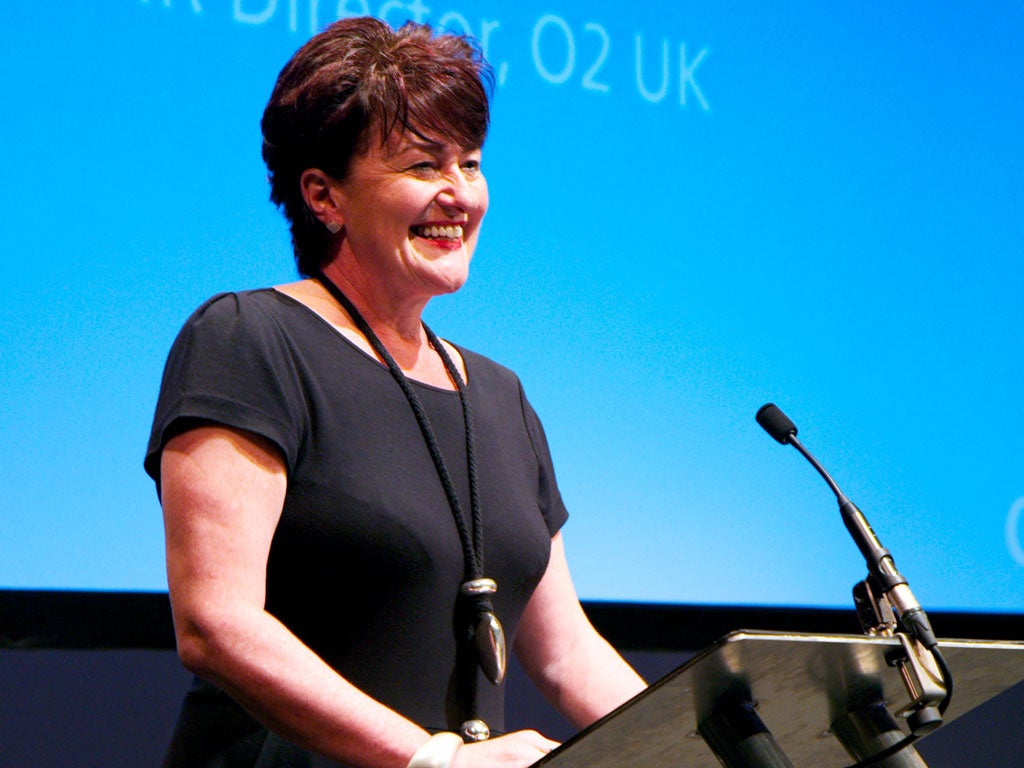I want your job: Human Resources executive
We've all heard of HR. But what does the job entail, and how do you get started?

Human Resources departments are crucial to the running of almost all medium and large businesses, but there are plenty of people who are not sure what they actually do.
HR employees are responsible for the day-to-day management of employees in a business - they choose the best talent to recruit, they are instrumental in training staff and they deal with any employee disputes. They are also responsible for the management of pay roll, making sure that at the end of month each employee goes home with the right amount in their paycheck!
Ann Pickering has worked as director of HR at communications giant Telefonica O2 UK since 2004.
What's the job like?
"My role is to support the 10,000 employees in Telefonica O2 UK," says Ann. "I make sure that we’ve got the right people, showing the right skills and attitudes, to drive us to success."
She believes that her role also improves customer satisfaction in O2: "by employing people with the right mindset and the right skills, we can ensure the customer walks away with what they want rather than what we think they want."
On a day-to-day basis, Ann’s job is varied. She could be reviewing a strategic project, or she could spend her day in boardroom meetings with executives. She spends a lot of time talking to her team to ensure she understands how to support them, and she is involved in a lot of forward planning to ensure Telefonica O2 continues to perform well in 2014. Her role in employment is instrumental.
"We are always looking to bring digitally-minded talent to the company, they have the skills needed for tomorrow," she says. This includes the running of the O2 graduate scheme, which has taken on 60 graduate employees and over 100 paid interns in time for next year.
How did she get her job?
After graduating in English from the University of London, Ann started her career in HR at the nation’s favourite department store. "I was a graduate trainee in HR at Marks and Spencers. I worked there in my holidays at university and I loved the environment there, so I went for it."
From M&S, she moved to the city: "I got a job at Fidelity Investments, so I got some experience working for financial services."
Ann’s big opportunity then came when she moved to Xansa, an outsourcing and technology company. "When I started at Xansa, I had 650 employees to look after, and by the time I left, there were 6,500!" The responsibility marked Ann as the ideal candidate to take the job as HR Director at Telefonica O2 in 2004.
How do you get her job?
According to Ann, it’s not all about the degree classification.
"What also matters is what people have done outside of the degree - are they captain of the football team, have they done voluntary work? That’s the kind of thing I also look at." She is particularly impressed by young graduates who have shown a leadership role in some capacity at university, for example being president of a society.
A keen interest in business and how it works is also absolutely vital.
"We see a lot of people who think HR is just a nice job where you sit and talk to people. They’re going to be disappointed. We’re looking for people who are very commercial. You have to make tough decisions."
The best way to impress in a HR interview is to do your research and think about how you can sell yourself to the interviewer. "We like people to have a natural curiosity,’"says Ann, "someone who likes to question, someone who has a keen eye for innovation."
You need to be able to innovate to survive in HR, and Ann is optimistic about career progression for young graduates.
"There are a whole variety of areas you can specialise in if you’re talented and getting as much exposure. You can even leave HR, experience other sides of working in business, and then come back. That often helps someone be better at their job."
What does the future hold for HR?
Ann believes HR departments are going to become smaller and smaller.
"Technology means we’ll able to do much more HR online." However, she also believes that HR will remain a key part of any large company and new talent can help lead forward. "We’ll be using social media a lot more. The digital journey will drive our future."
Join our commenting forum
Join thought-provoking conversations, follow other Independent readers and see their replies
Comments
Bookmark popover
Removed from bookmarks